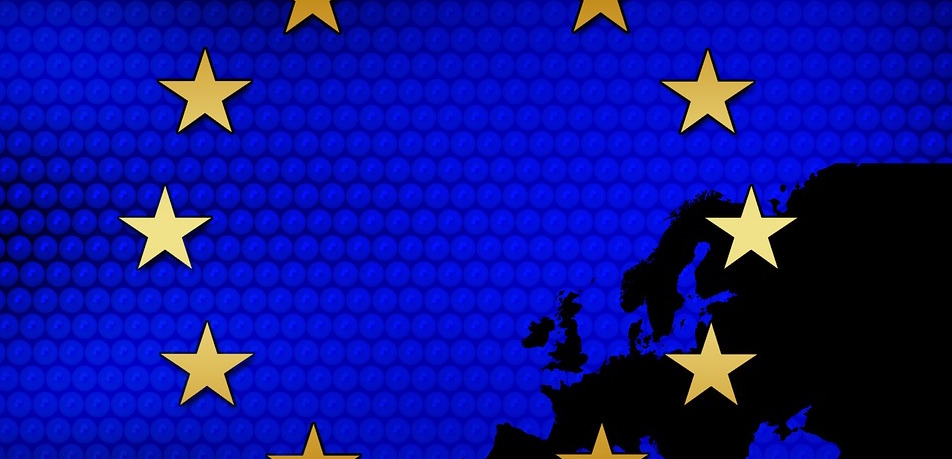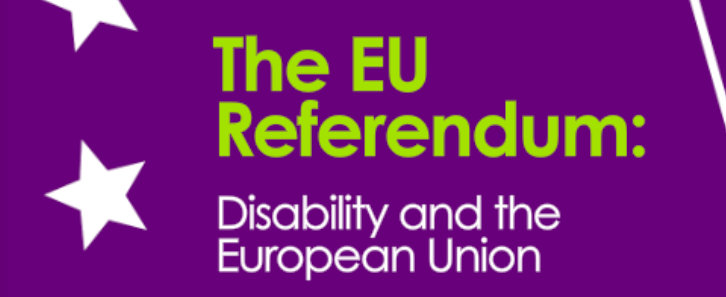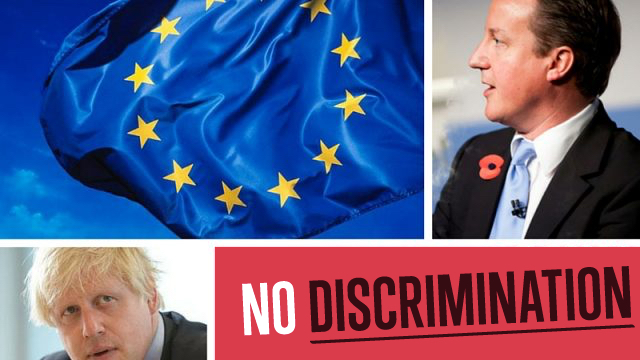It’s a decision that will have a huge impact on our rights and responsibilities in the UK and so shouldn’t be made lightly. We’ve rounded up the brightest and best links on the internet to help you form your opinion ahead of the big day.
A quick refresher
The first thing you need to know is that our human rights are protected by a complex collection of laws and treaties. The treaties which we have signed up to by being part of the EU are particularly important in ensuring a basic level of protection in, for example, employment rights. Those employment rights won’t all disappear the instant we leave the EU. But the strong international backstop which up to now has prevented governments chipping away at, for example, maternity leave, would no longer exist.
Then there is the European Convention on Human Rights (ECHR). This is a separate treaty which the UK signed up to before the EU existed. We would still be signed up to it if we left the EU tomorrow. And (and!) even if we left the ECHR, which isn’t on the table at the moment, the Human Rights Act would still protect human rights through UK courts – see more in our explainer.
But. If we Brexited, and particularly with the Eurosceptic wing of the Conservative Party running the show, the direction of travel would be away from international organisations and agreements. Those organisations and agreements have been central to setting basic internationally recognised human rights standards, whether in employment, criminal justice, discrimination, children’s rights or refugee law. Make no mistake, the medium and long-term effects of Brexit on rights protections in the UK could be very significant indeed.
The best links on the internet right now

Let’s get to those links.
The Independent’s Q&A Will we gain or lose rights by leaving the European Union? is a useful starter guide on the EU’s Charter on Fundamental Rights, what the EU has done for us, and why, on balance Home Secretary Theresa May thinks we should stay in the EU.
What Does Brexit Have To Do With Human Rights? Dr. Tobias Lock takes us through the implications of Brexit for human rights in the UK, concluding that we would lose data protection and children’s rights if we left the EU, and the fate of anti-discrimination law would be uncertain.
Brexit: What It Does and Doesn’t Mean for Human Rights, Heather McRobie argues that although Brexit would be damaging for human rights, staying in shouldn’t be a vote for the status quo but an opportunity to challenge the EU’s own less than perfect human rights record.

Leading disability charity, the Papworth Trust, created this handy booklet on the impact of EU law on disability rights. In their first chapter, they highlight.
As a result of EU directives and regulations, disabled people are considered to be better protected from discrimination.
The national Trade Union Congress (TUC) says Brexit could risk “legal and commercial chaos” and would cause years of uncertainty for employers and workers. Citing a legal opinion they commissioned to leading employment barrister Michael Ford QC, they emphasise the uncertainty a Brexit result would have on workers’ rights, saying:
All the social rights in employment currently required by EU law would be potentially vulnerable.
A separate post by TUC describes a new report by GQ Employment Law, which concludes that even if Britain negotiated a Brexit deal similar to Norway (traditionally thought to best the most worker-rights friendly option), ‘some important employment rights will still be at risk.’
The Oxford Human Rights Hub has a suite of posts on the implications of Brexit, including:
- Working Time and Brexit: Bad Karma?
- Brexit and Collective Labour Rights
- Brexit, Rights, and the (Potential) Scrapping of the HRA
- Brexit and the Rights of Casual Workers – Tightroping Without a Safety Net
The Immigration Law Practitioners’ Association has published a series of briefings on key aspects of the Brexit debate by some of the UK’s top lawyers and academics specialising in EU free movement and migration law. These cover access to benefits, free movement, and that all important Brexit buzzword – sovereignty.
Employment lawyer, Sean Jones QC, has written an amusing and informative post in response to a misleading pro-Brexit graphic someone posted on his Twitter timeline. Dissecting the rogue Tweeter’s apparently sound legal arguments bit-by-bit, Jones highlights how the meme ignores any of the legal protections that are EU in origin, and recommends the creator reads Michael Ford QC’s more compelling account (listed above) instead.
- Click here for our Explainer on the difference between the European Charter of Fundamental Right and the European Convention on Human Rights.
- And here for our Infographic showing certain politicians’ views on Brexit.
- And here for our post on the TUC’s report showing the employment rights at risk if we leave the EU.







